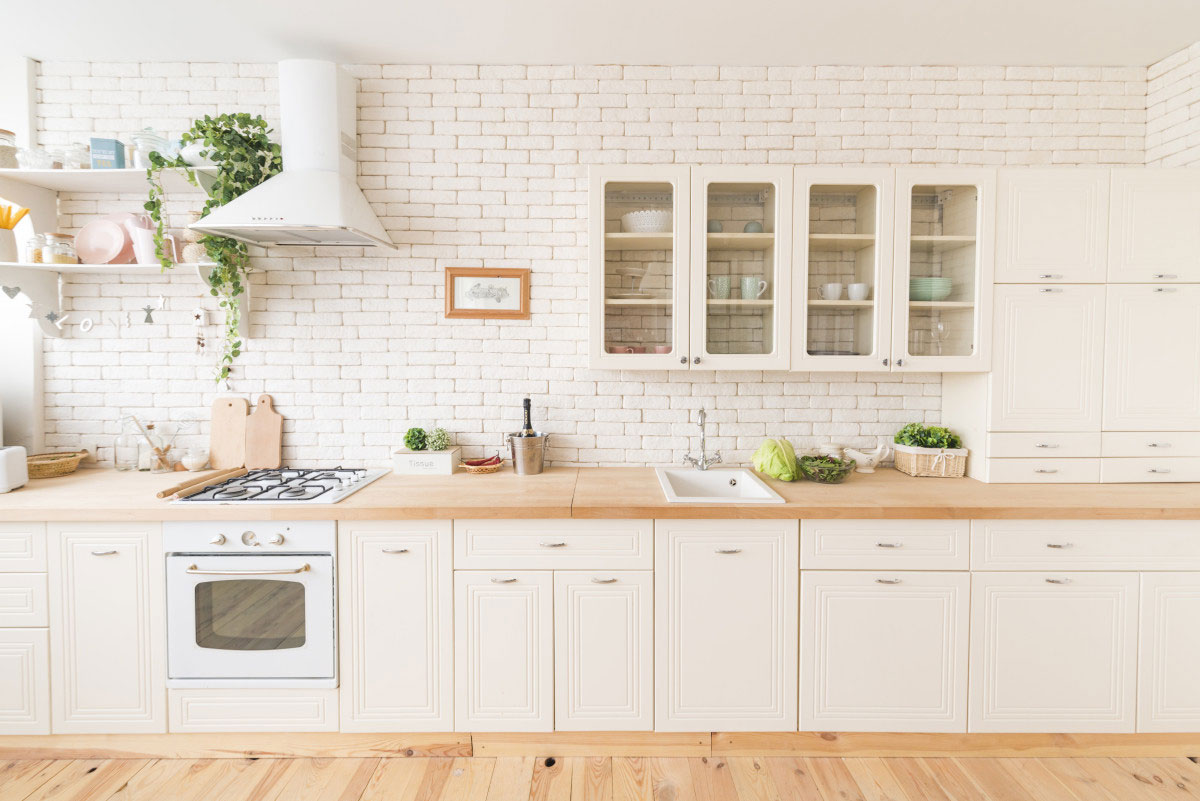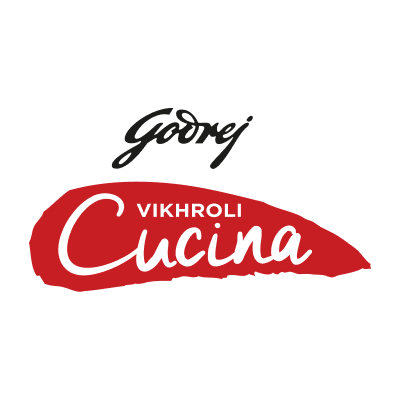
Six easy ways to reduce waste in the kitchen
As an increasing number of people look to adopt an environmentally conscious lifestyle, here are some easy ideas to reduce kitchen waste in the kitchen

As awareness about sustainability grows, a lot is being said about concepts such as a plastic-free lifestyle, eating local and reducing the waste produced in the kitchen. While a zero-waste lifestyle is what many people are aiming for, it all begins with simple steps. Reducing waste produced in the kitchen is an easy way to eco-friendly living. Here are some simple ideas which you can immediately start implementing to reduce kitchen waste.
Begin with eco-friendly shopping
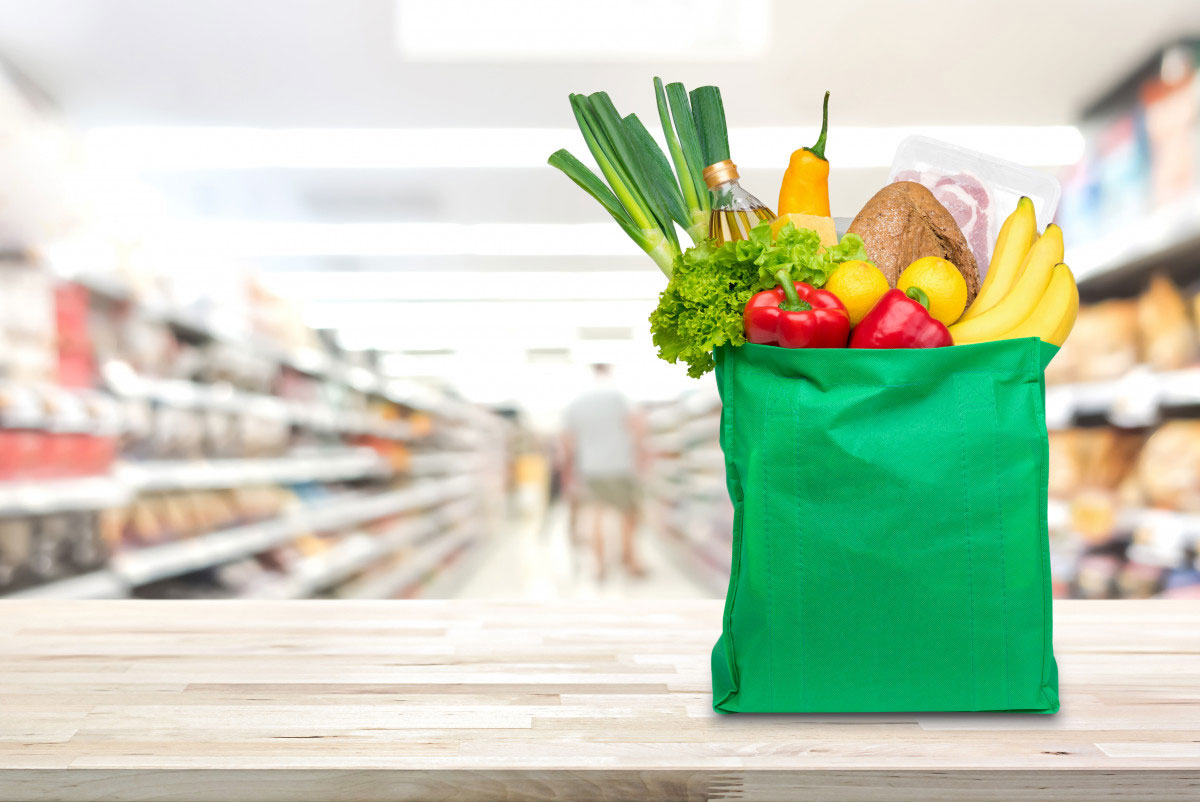
Environment-friendly shopping is the first step towards having a green kitchen. Recycle your old clothes or dupattas into shopping bags that you can easily fold and stash away. Keep some extra bags in your vehicle or purse, so that you don’t have to opt for a plastic bag when you’re out shopping. Another way of ensuring more eco-friendly shopping is to buy fruits and veggies from your local bhajiwala and loose grains and cereals from your kiranawala instead of picking up plastic-wrapped produce from a supermarket.
Understand the rules of storage
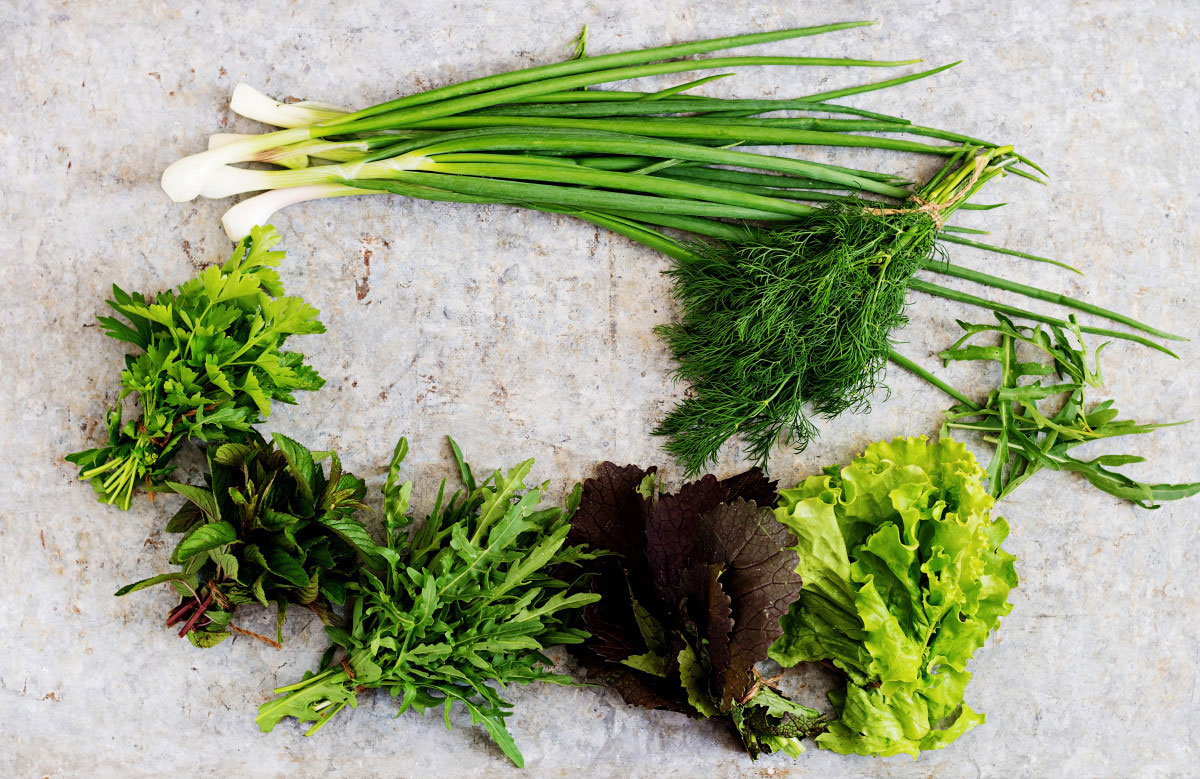
Storing fresh produce properly to prevent spoilage is one of the key ways to reduce kitchen waste. A basic rule of thumb is to keep ethylene producing foods separately from those that are sensitive to the gas. Bananas, tomatoes, pears and avocados, which produce ethylene gas should be kept away from ethylene-sensitive foods such as potatoes, leafy greens and apples. Also, avoid refrigerating onions, garlic, cucumbers and tomatoes.
Be organised
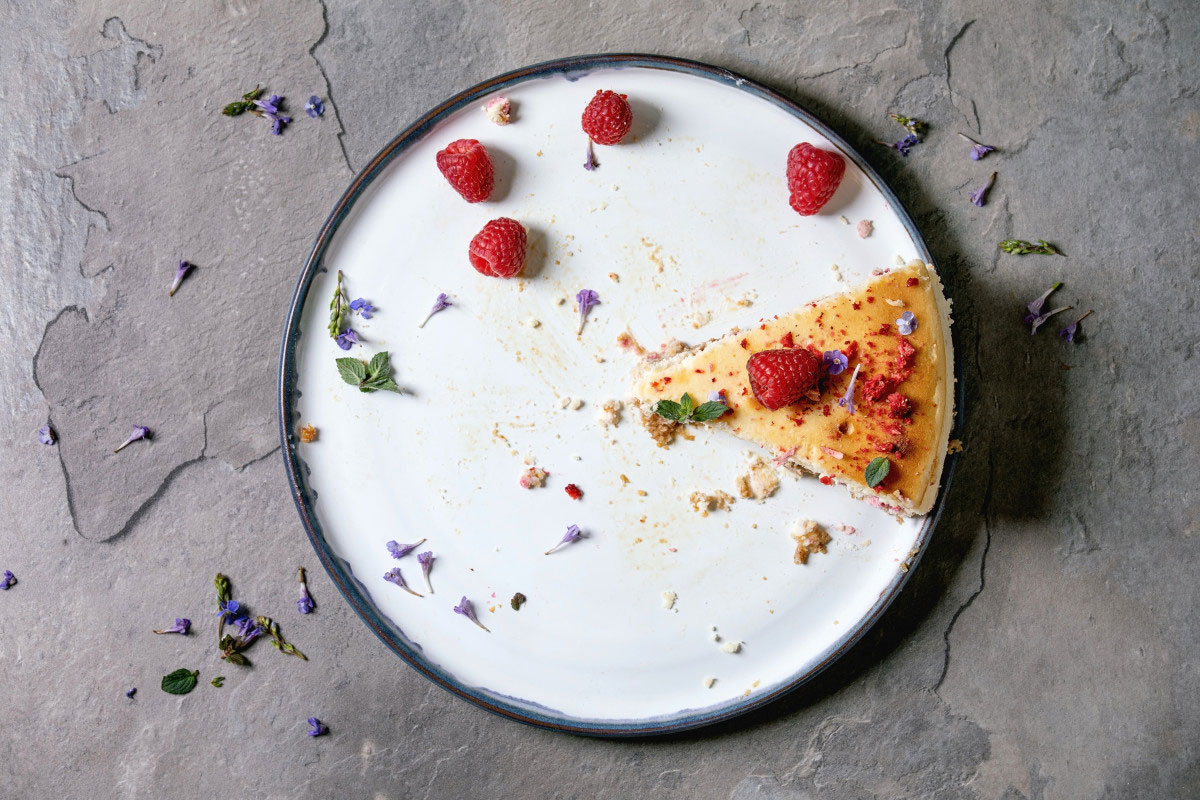
It is always good to plan meals either a week or three days in advance. That way, you don’t end up buying extra produce or throw away veggies, which have gone bad because they were lan-guishing in your pantry. If you have veggies or fruits that are nearing their expiry date, use them up in smoothies, stir-fries or even fresh juices. A tiny wedge of leftover lettuce or the last of the strawberries, for example, can be combined in kid-friendly smoothies.
If you have leftover cooked food, label them by the date, so that you know by when you should use them up. Every few days, pull out those containers of leftover food and either recycle them or combine them for a meal.
A quick way to make a snack board
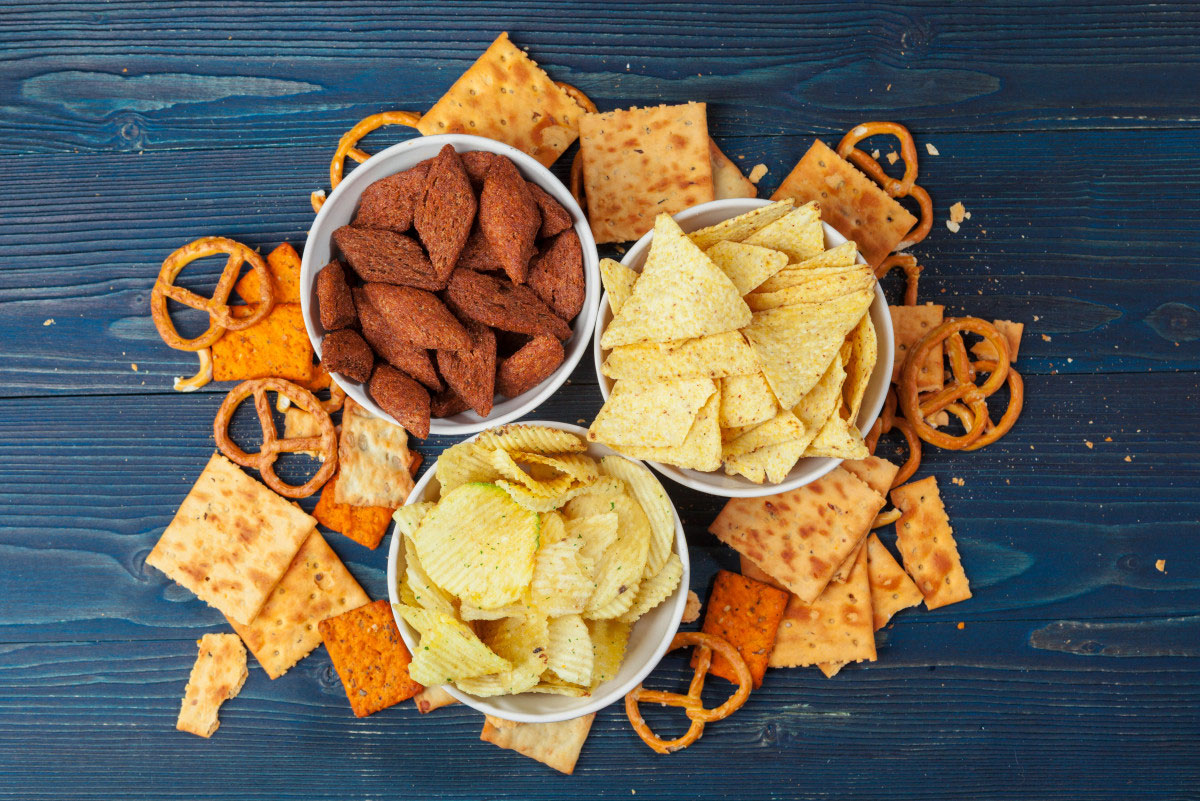
Another great way to use up leftovers is to assemble a quick snack board for those 5 pm hunger pangs. Whether it’s the last of the packet of chicken sausages, leftover salad, ripe fruit, or even nuts. Assemble everything on a large plate or board. Better still, get creative and mix and match! That way, there’s something for everyone to quickly eat and you don’t have to waste food. It’s a win-win for everyone!
Become a locavore

Eating locally grown food is a powerful way to help the environment. And what better way than to grow food yourself? If space is a constraint or you’re worried about not having a green thumb, fret not. There are several simple things you can grow at home to cut down on the amount you spend buying them outside. Why not begin your kitchen garden with herbs? They don’t take up much space and are quite easy to grow. Here are some tips on how to grow herbs at home, in case you’re interested.
Get creative with “waste”

Don’t throw those vegetable peels and greens away! Coriander roots, corn cobs, onion peels or even potato skin, all of these are rich in nutrients and can come together in a tasty, homemade stock. Simply boil them together with water and chicken bones or prawn shells to get a healthy stock which you can use in curries, soups or even sauces. Even the greens of root veggies such as carrots and beetroots are edible and work well in a variety of dishes. Blitz them into a pesto sauce, sauté with lots of garlic and chilli flakes or even add them to parathas -- there are several delicious ways to use up these vibrant greens!
If you’d rather use these scraps and peels in other ways, look at using them to enrich your kitch-en garden. Blend peels and scraps with some water and pour this slurry into your potted plants. Eggshells, coffee grinds and tea leaves (boiled without milk and sugar) can also be added to your potted plants or garden beds. These enrich the soil with nutrients such as nitrogen and cal-cium, which are beneficial for plants.
What are your ideas to reduce kitchen waste? Share them with us in the comments section be-low.
Tags
0 Comment
You may also like
-

Kitchen stories The budget bougie star: Is cabbage the new steak?
by Vikhroli Cucina
-
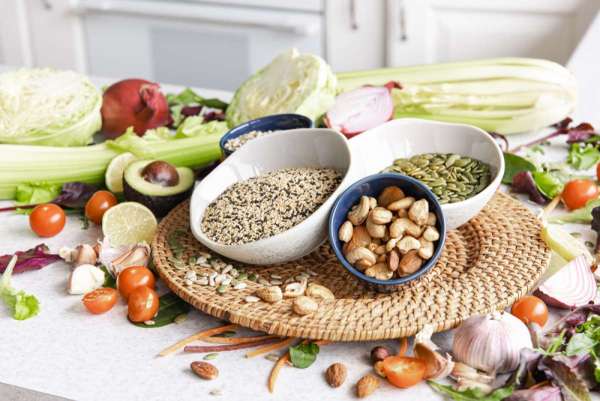
Kitchen stories Dieting is out, Fibermaxxing is in: Here’s how you can Fibermaxx your everyday meals
by Vikhroli Cucina
-
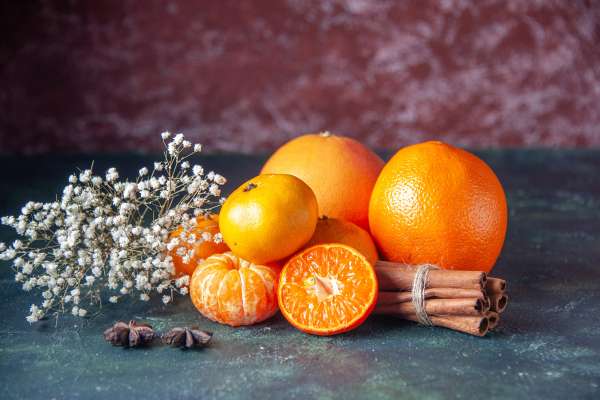
Kitchen stories Winter’s final, flavourful ingredients
by Vikhroli Cucina
-
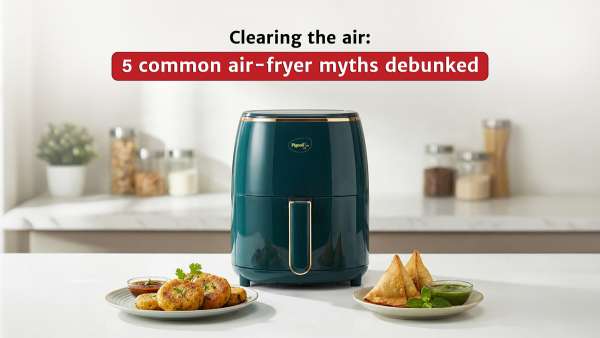
Kitchen stories Clearing the air: five common air-fryer myths debunked
by Vikhroli Cucina

